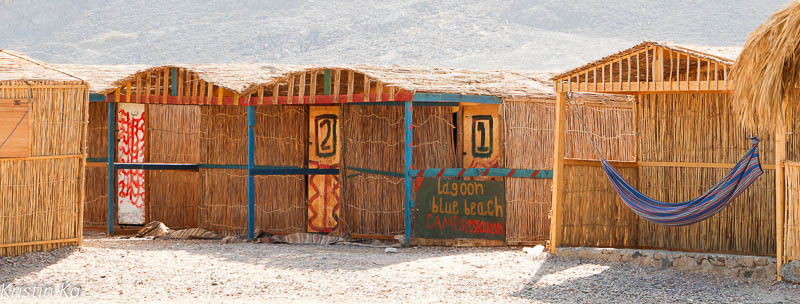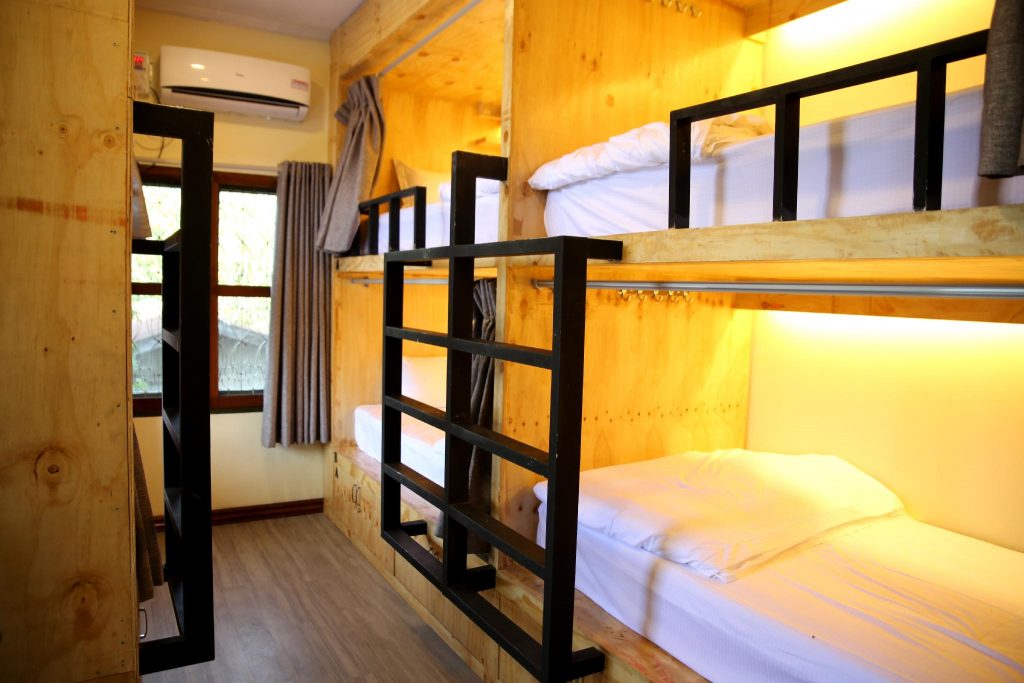How do you travel so long, did you win the lottery or something? Yes, while travelling you need money like everywhere else, it’s a reality but with these few tricks… much less than in France!
Take buses or trains, not planes!
Many travellers insist on flying from one country to another because of the security aspect: no waiting at the border, no confusion, sanitized premises… However, crossing land borders by bus, train or car is much cheaper and much more interesting. You can see the country, meet people, stop and chat, it’s great. It’s not dangerous, just don’t do anything stupid and everything is usually fine.
On the question of transportation in the broadest sense, in many countries, public transportation is cheap, allows you to visit the country like a local and offers many more adventures than the plane. The only downside is that they often lack comfort, but it is a small sacrifice for a total immersion in the country.
Eating in the street and avoiding tourist restaurants
Street food is often good and cheap. In almost every country in the world there is food in abundance sold on bicycles, stalls, markets, mopeds or trucks. It’s not very risky in terms of hygiene (the natives buy it) and it allows you to immerse yourself in the country on a small budget. As a bonus, as for transport, we chat and meet people.
Eating in restaurants, from time to time it’s good but every day, even if the prices in the country are lower than in Europe, it will end up weighing heavily in the travel budget. It often happens that, in addition to being more expensive, these restaurants for tourists are not at the top in terms of quality and hygiene: interruption of the cold chain, poor food preservation… Tourists may come there once or twice and then leave for other destinations so the restaurant will not have to suffer from serving bad food. As for the local vendors, they can’t afford to serve dirty food to the locals who come back every day, they would go out of business!
Running away from supermarkets, going to local markets
If you are fan of chips, jars of mayonnaise and tinned ravioli, my goodness, the supermarket is reaching out to you and the bill will be heavy. However, if you go to the market the price per kilo of tomato will be divided by 10. Moreover, if you know how to use a knife and a frying pan and if you like the gastronomic adventure, fruits and vegetables, the local markets will offer you everything you dream of at a very modest price with the additional opportunity to discover new flavours.
Sleep in hostels or youth hostels, not in a hotel
It’s not expensive and it’s much more comfortable than you think. Sure, we have to share the shower, but what does it matter? You’ll come out of it as clean as if it were private, right? In hostels, there are almost always shared rooms or dormitories which are much cheaper than private rooms. Often clean and quite comfortable, these dormitories offers bunk beds with lockers to store your belongings and a shared bathroom. You have to share the space and sleep together, but if you are sensitive to noise, don’t forget your earplugs and you will sleep like a baby. In the end, you won’t spend the day in the bedroom, you’re there to see the country! Moreover in the hostels you meet other travellers who are willing to share excursions, outings and travel stories.
Avoid travel agencies and group together for excursions
If you go through a travel agency, even a local one, you will be offered a “tour” for yourself (or with other travellers). The discovery of the country may then be very expensive. If, on the contrary, you group with other travellers to rent a car on your own or share a taxi, it will be much cheaper. In general, it is everywhere possible to make the excursions by yourself. It is not always useful to have a guide unless you want to go for a few days in a more hostile environment such as the jungle or the desert. But between paying 15 to 20€ per head to visit a tourist attraction crammed into a minibus or sharing a taxi at 4 for 5€ per person, it makes a clear difference on the cultural budget!
Don’t book anything in advance and visit the agencies on the spot
You get much better prices when you go to the agency in the country for the next few days than when you book everything from home. I paid $800 for a 10-day cruise to the Galapagos Islands, all inclusive. The others, same boat, same treatment paid up to 1500 euros! Same for Machu Picchu, it was much cheaper for me than for those who had booked in advance on the internet. Even if it is true that there is a real risk that the excursion is sold out, it is quite rare not to be able to find a place somewhere! So don’t let yourself be overwhelmed by the anguish of missing the tour, it’s because of this irrational fear that travellers are willing to pay much more! Be flexible on the organization and persevere, that’s how you will save the most money.
Be well-equipped and have accessories in your bag
Small expenses are reduced when you can provide for yourself. Washing your clothes with your own soap reduces the laundry budget. Improvising a meal by carrying the minimum necessary for cooking (knife, vegetable peeler, salt, etc.) allows you to eat well without having to go to a restaurant.
Be far-sighted and have the minimum at your disposal to avoid unexpected expenses
Always have water and a packet of cookies in your bag whether you are going for a walk in the city or a trip by bus, plane or train. With a few provisions in reserve, if the trip takes too long, it allows you to be patient and avoid paying for a expensive snack.
Is the trip or excursion likely to be long? Pack a fleece jacket and scarf in your bag, as the temperature may change. It’s cheaper than getting caught in the freezing cold and rushing, chilled, to the first store to buy a jacket or blanket.
Find out about the prices in the country
When you travel, the prices do not seem expensive at first compared to Paris or Berlin. In Delhi or Lima, prices are generally lower than in Europe. Even if they seem really cheap, take the time to measure what a meal or drink actually costs in the country or city you are visiting. In Egypt, a complete meal with meat costs around €2.50. You may have to negotiate a little, as it is very common for locals to charge foreigners more.
I always meet many travellers who have no idea of the real prices in the country. If I tell them that I pay less than €1 for a full breakfast in an alley in the city centre, while they pay three times as much for the one in the hotel (which doesn’t seem expensive to them), they don’t believe me!
For shopping, getting together with other travellers is much cheaper
Sharing purchases also means reducing costs. Water, alcoholic beverages, groceries for the meal… We buy in bulk at the market, we cook together and we share the bill. As a result, we eat as much as we want, in a good atmosphere, including a glass of wine for 1.50€, who could eat better?
Use a “frequent traveller” credit card to avoid bank charges
Last but very important tip: the bank card you use abroad. Banks often charge large fees when you withdraw cash from ATMs or pay with your credit card. All added up, these withdrawal or transaction fees add up to an expensive amount after a year! Before you leave, study the most interesting bank cards for travel abroad, you will make great savings!
Of course, there are other ways to save money when travelling: couchsurfing for example allows you to sleep at the locals for free, the workaway (accommodation and food free for a few hours of work) and of course the stopover to get around without paying anything.
To save a lot of money, you need to choose the cheapest option: the dorm! Its bad post-war reputation has nothing to do with it today!

